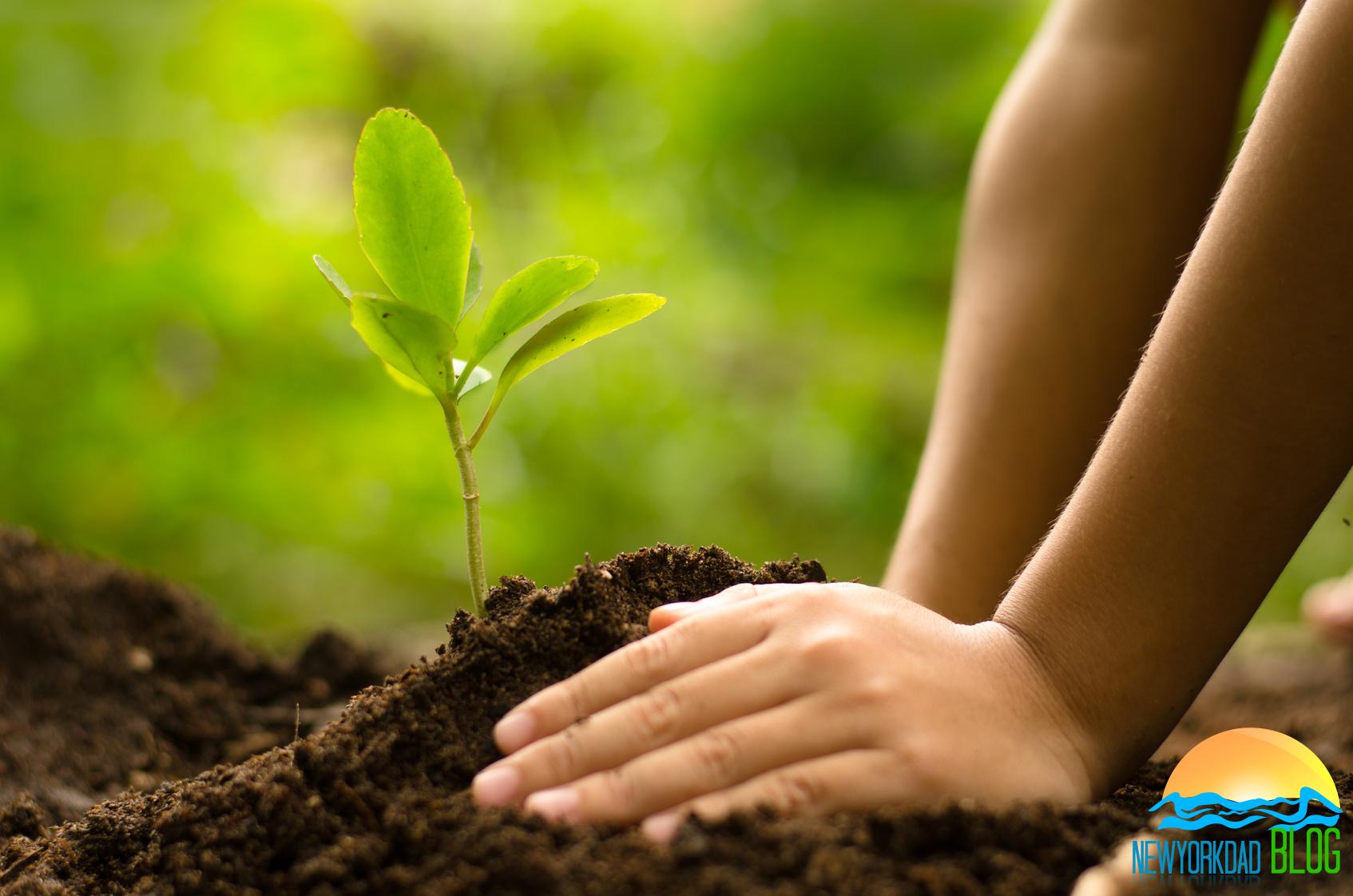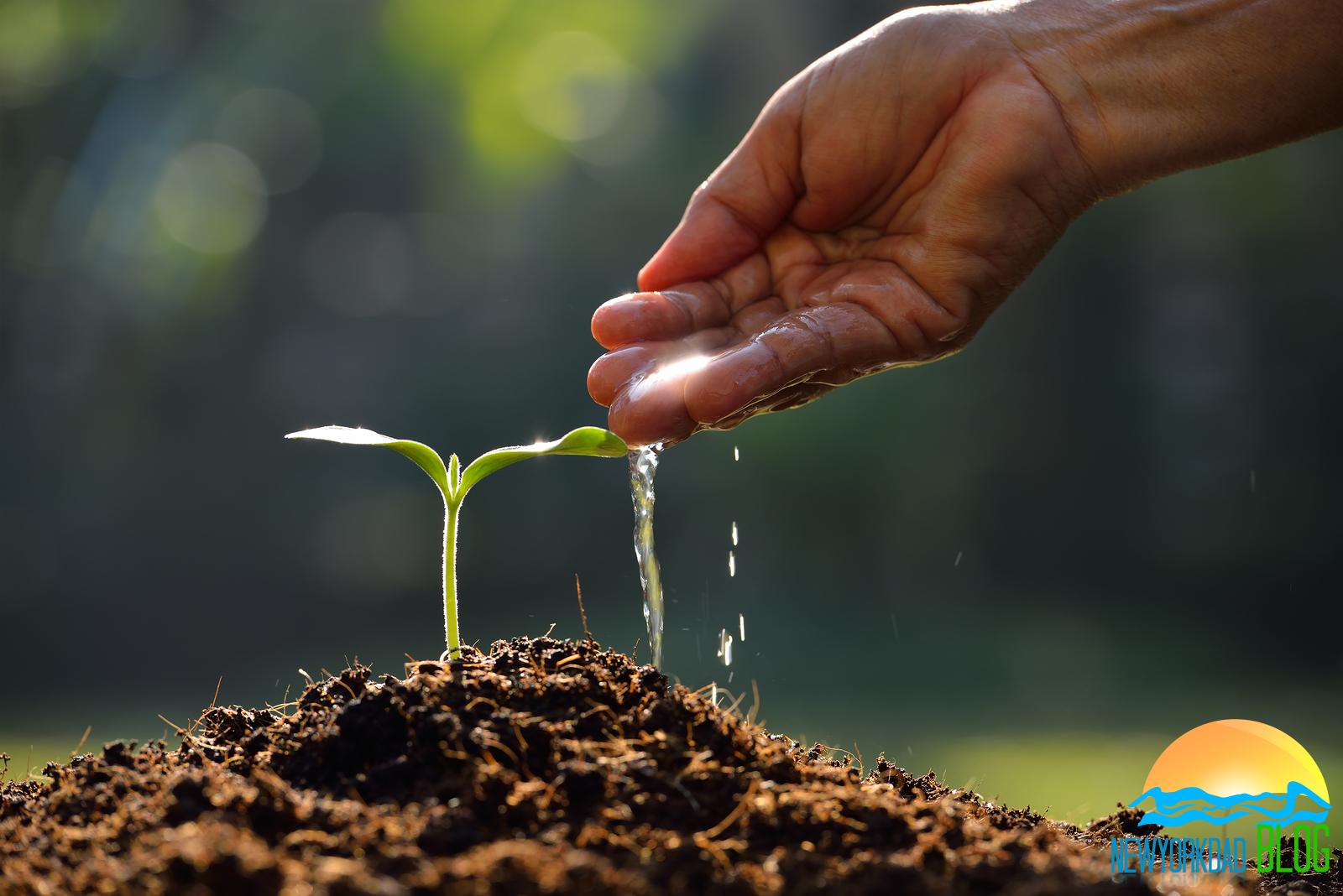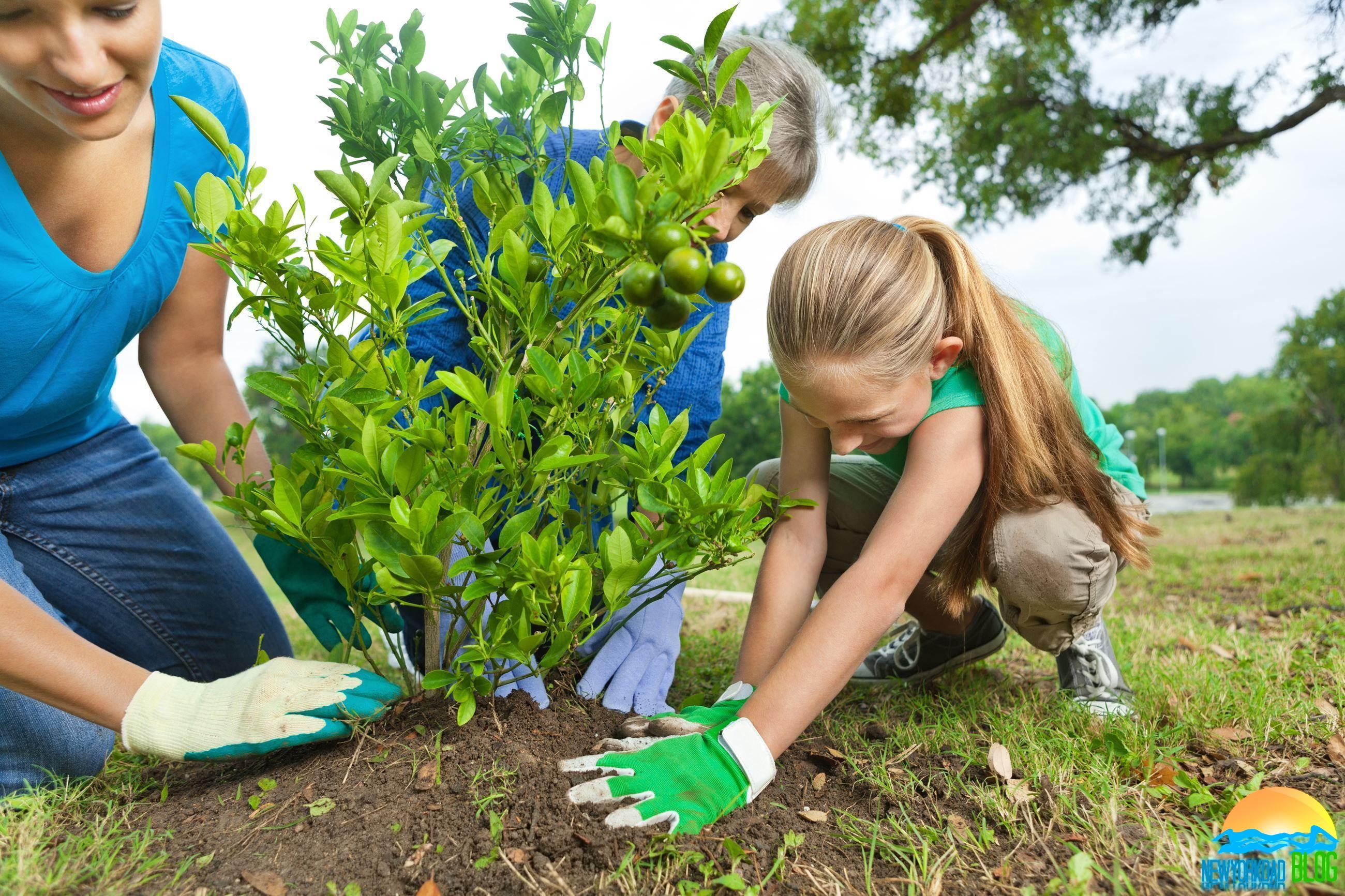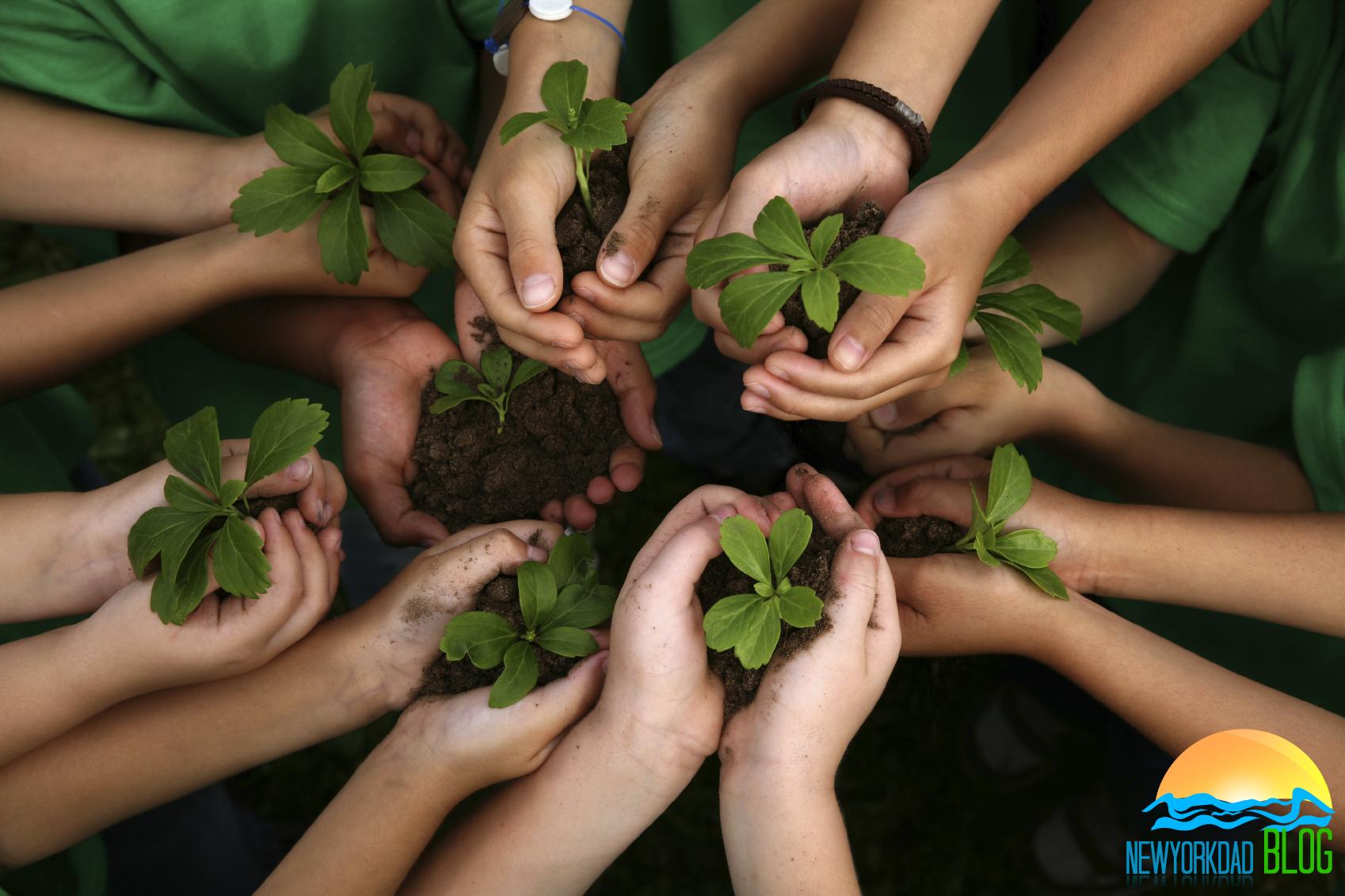
Regardless of whether you are planting African daisies at home or for commercial purposes, there are a few important things that you need to keep in mind. These include precultivation, pruning, fertilizer, and soil requirements.
Precultivation
Besides being a beautiful plant, African daisy plants also need proper care. They require lots of water and nutrition, as well as a good air circulation. They are usually planted in combination with other flowers. They can be propagated from seeds, or can be bought as seedlings.

When planting African Daisies, it is important to choose a site that has full sun. They should not be planted in damp or waterlogged soil. They can thrive in humid climates, but they need to be kept away from extreme temperatures. They will bloom for longer periods in mild weather, and stop producing flowers during hot spells.
African daisy plants will not bloom in cold or damp conditions. They are not poisonous to dogs or cats, but they can be affected by fungal diseases. In the event of a problem, fungicides should be applied to the soil. They can also be sprayed with insecticidal soap to control whiteflies.

Soil requirements
Whether you’re planting African daisies in your yard or as part of a garden, there are some important soil requirements to keep in mind. African daisies are drought tolerant once they’re established, but you’ll need to water them frequently. They don’t like to sit in dry soil, which can lead to rot and fungal diseases.
To ensure that you plant African daisies in the best possible place, you’ll need to choose a site that gets full sun. They also need good drainage and slightly acidic soil. Ideally, the soil should be pH range of 5.0 to 6.0.

You’ll also need to give your African daisy plants a balanced slow-release fertilizer. A 5-5-5 fertiliser is ideal.
Fertilizer
Choosing the right fertilizer for African daisy planting is a critical step. This easy-to-grow perennial is native to Africa and can tolerate many pests and diseases. It also needs proper drainage and lots of sunlight to thrive.
It is important to plant African daisy seeds in well-drained soil with a pH of 5.5 to 6. 0. They do not grow well in clay soils. Adding organic material to the soil is also beneficial. If the soil is very sandy, add coarse sand to the mix.
When seeding, place seeds at an equal distance apart. It is advisable to pinch off the growing tips of the plant after they are planted. This helps shape the plant and
Pests and diseases
Whether you’re planning to plant African daisies or are already growing them, you should know about their pests and diseases. These plants are known for their bright, colorful blooms. They are easy to grow, and they’re also resistant to most pests.
One of the biggest concerns about African daisies is fungal diseases. These can damage the foliage, and it’s hard to get rid of them. However, you can control them by spraying with fungicides or insecticidal soap.
Another concern is whiteflies. These tiny insects are commonly found in gardens. They are quite annoying, but they aren’t a big problem. You can control them with insecticidal soap or a diatomaceous earth solution.
Pruning
Whether you are new to African Daisy planting or you’re a seasoned gardener, pruning is an important part of the process. It not only allows the plant to stay compact, but it also promotes new growth and encourages a longer bloom period.
The African Daisy is a hardy perennial that is native to South Africa. It thrives in mild climates. It is best to transplant seedlings after the threat of frost has passed. It can be grown in sun or partial shade, but not in dry or waterlogged soil. The plant grows 12 inches tall and 16 inches wide.
The flowers are large, showy and colorful. The leaves are silvery gray in color. The plants are very easy to care for.
Flowering period
Originally a South African plant, the African daisy is a tough perennial that tolerates hot and dry conditions. It grows a little over a foot tall and wide. The flowers are tubular spoon-shaped, with petals radiating around a center disk. Some newer cultivars are open at night.
When growing African daisy, you must be sure to plant it in a location with lots of sun. They do not do well in damp or heavy soil, so you will need to give it good drainage. They will also need to be watered frequently. If you live in a humid area, water the base of the plant rather than the leaves. This will keep the water from splashing onto the plant.
